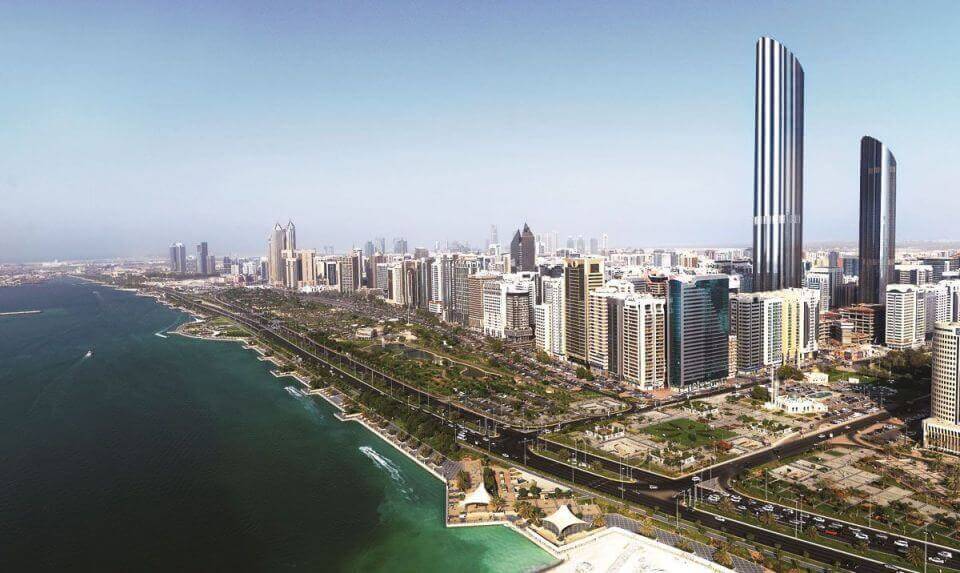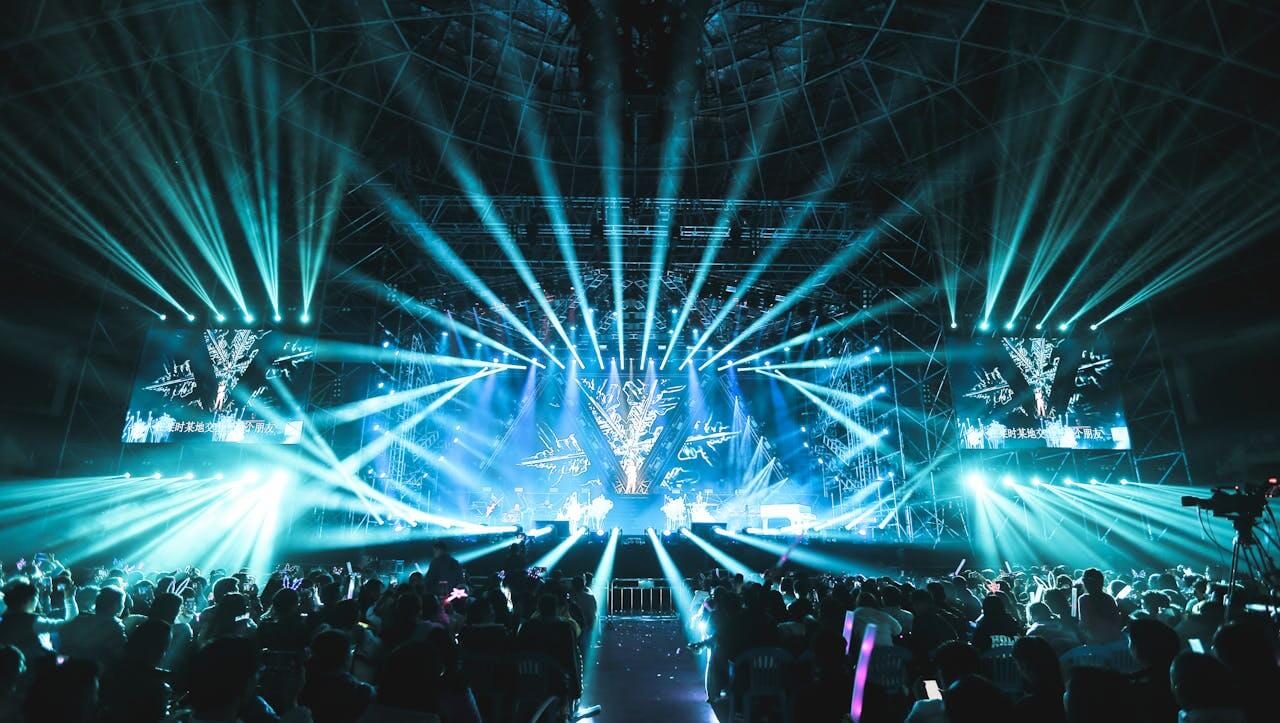
The uncertainty experienced by the business ecosystem is certainly shaking the foundations of the hospitality industry too.
Though one cannot be absolutely certain what the road ahead will be, one cannot ignore the realities that will have a far-reaching impact on the industry in the second-half of the year and the journey ahead.
Dealing with these realities
A majority of airlines in the region and from feeder markets are yet to resume commercial operations.
Expenditure on pandemic healthcare as well as the economic and financial support extended to support local businesses will have a huge impact on government budgets and future investment priorities.
- Large corporations have downsized, and spending budgets drastically squeezed
- Household disposable income and consumer purchasing power have reduced dramatically
- It will take time for the hotel industry to meet new guest expectations
- Dubai Expo 2020 has been rescheduled to October 2021
- Business’ cash reserves and cashflows are running low or turning negative
In the GCC hospitality market, Dubai has the least pronounced seasonality as it caters to both commercial and leisure segments almost equally. Dubai has been successful in diversifying its offering over the last five years and commendably flattening the seasonality curve.
Hotel market recovery is likely to commence in September 2020 and will be driven mainly by local demand from UAE residents, followed by commercial demand from GCC countries.
What the future holds
Dubai will see a faster recovery than other GCC markets on the back of anticipated demand in the lead up to and during Expo Dubai, which will start in October 2021 and end in March 2020.
A correction in market-wide occupancy is expected in 2023, and the hotel market is forecast to stabilize and recover by 2024, though at levels below actuals in 2019.
Some of the key elements the management and stakeholders alike need to focus on would be:




